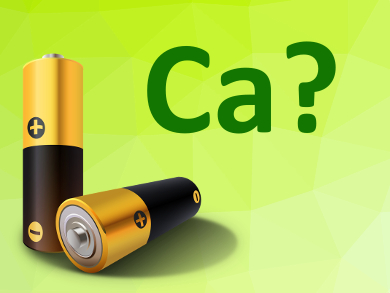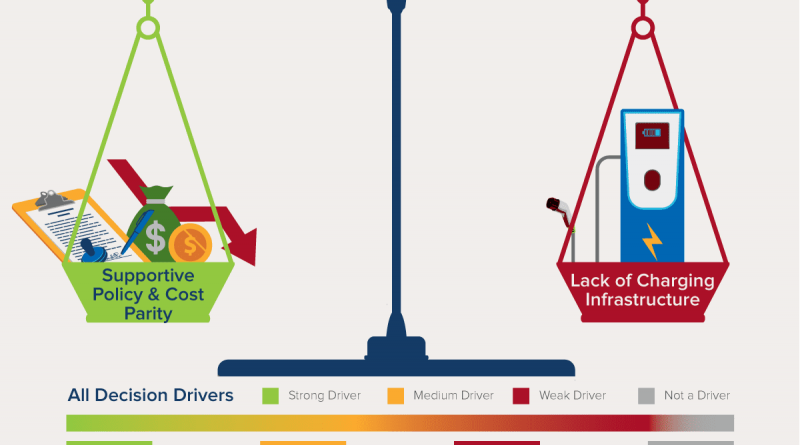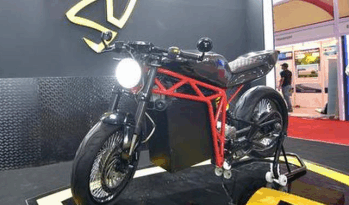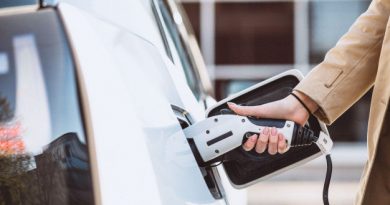In the Race for Developing the Best EV Batteries, China Could Reign Supreme
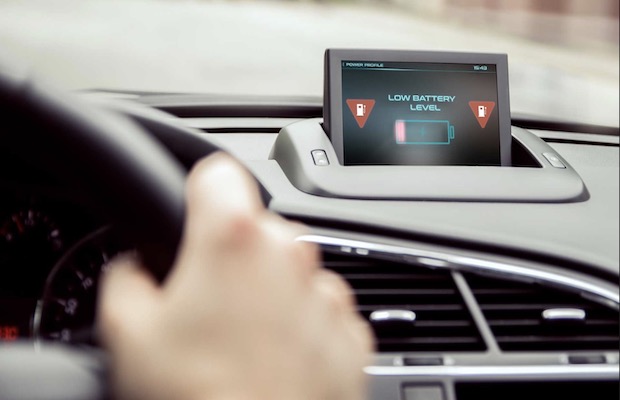
As the governments around the world go bullish on electric vehicles (EV), automobile original equipment manufacturers (OEMs) are in a competition to develop long-lasting, durable battery technology to get hegemony over the EV batteries market. But in this race to develop the most efficient and capable battery technology first amongst corporates, the one confirmed winner in the segment will be China.
In the automotive paradigm, lithium-ion battery technology stands at the center of innovation and there has been a significant amount of progress in the improvement of lithium-ion battery technology.
By appropriating these advancements, Tesla seems to have an advantage over others with its current EV batteries capable of powering its cars for over 8 lakh kilometers before they encounter any critical issues. Dalhousie University (Nova Scotia, Canada) in collaboration with Tesla, have published their research in The Journal of the Electrochemical Society. They describe a lithium-ion battery in the works that “should be able to power an electric vehicle for over 1 million miles” while losing less than 10 percent of its energy capacity during its lifetime.
According to another report by Counterpoint Research, battery cell manufacturers are spending heavily on R&D for improving the energy density of lithium-ion batteries, in doing so they are also driving other firms to invest more and more in similar research and development, in fear of not being left out.
Although the speed of improvements has been slow, gradually, lithium-ion batteries have helped increase the driving range of EVs by utilising high-energy source materials and improving the per-unit cell size.
The counterpoint report further highlights that there have also been considerable efforts to boost the nickel portion of total cathode materials. Most of the top battery players have announced their plans for commercialization/mass production of NCM811 by 2019-2020. NCM811, which contains 80 percent nickel, 10 percent cobalt, and 10 percent manganese, has a much longer lifespan and allows EVs to go further on a single charge.
And in all this R&D and investments to gain control and supremacy in the EV battery market, China, which besides being biggest market for electric vehicles by a massive margin, will also gain from being in control of the supply of major chunk of the key raw materials needed for making the battery used in these vehicles.
This is particularly because EVs continue to rely on, and advance lithium-ion battery technology as its present and a future power source. And this requires the use of rare earth minerals and metals like lithium, nickel, cobalt, and manganese. Which, with shrewd purchase of mines in countries like Bolivia, Chile, Australia, and Congo, it has confirmed China as the key supplier for the global market.
Now, when technological advancements and government initiatives drive up sales of electric vehicles and with them the market for all such rare metals, China and perhaps the Earth’s atmosphere will be the biggest winners.
However, a recent report does claim that Canada has approached the United States to reduce its dependence on China for sourcing rare minerals like Lithium.

